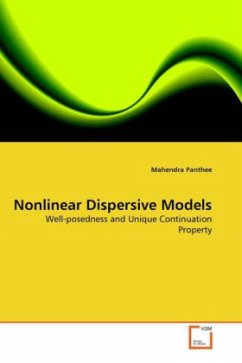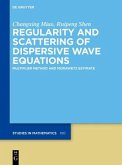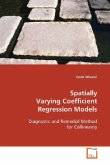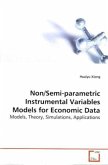Nonlinear evolution equations of dispersive type is a very active field of research and study in recent times. The Korteweg-de Vries and nonlinear Schrödinger equations are the prominent examples that fall in this class of equations. We study the local and global well-posedness issues of the initial value problem (IVP) associated to the coupled system of dispersive equations with low regularity data. Fourier transform restriction norm space techniques and the recently introduced high-low frequency splitting and the I-method are the main tools to achieve our objectives. We also consider some bi- dimensional generalizations of the Korteweg-de Vries equation, viz. Zakharov-Kuznetsov equation and Kadomtsev-Petviashvili equation and address the unique continuation property for these models. We follow a complex analysis technique introduced by Bourgain and prove that if a sufficiently smooth solution to the associated IVP is supported in a non- trivial time interval then it vanishes identically.
Bitte wählen Sie Ihr Anliegen aus.
Rechnungen
Retourenschein anfordern
Bestellstatus
Storno








